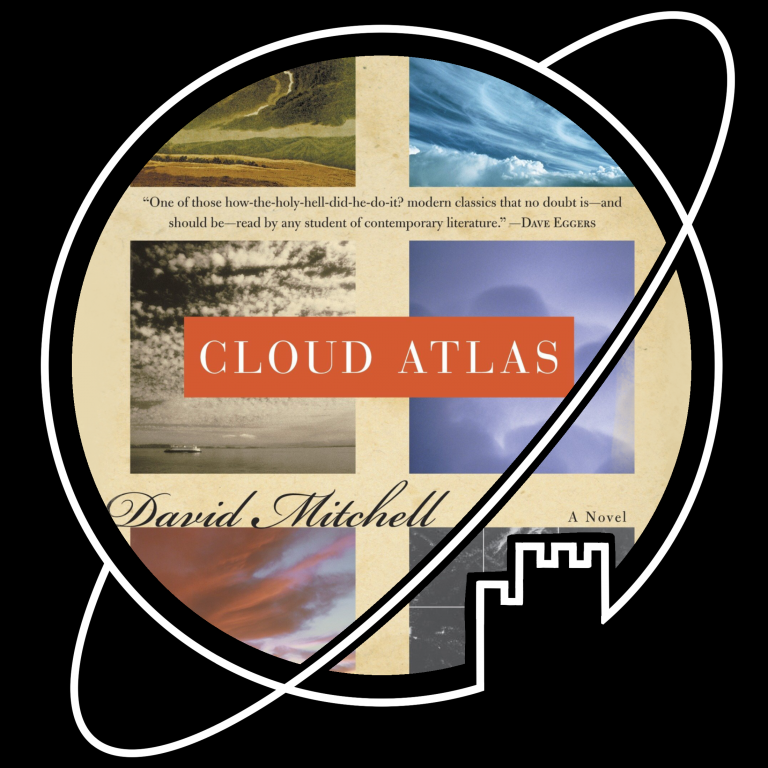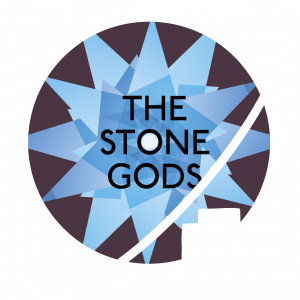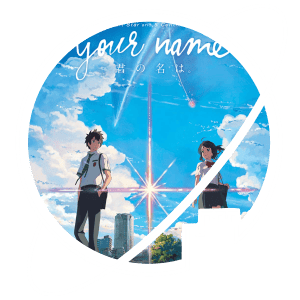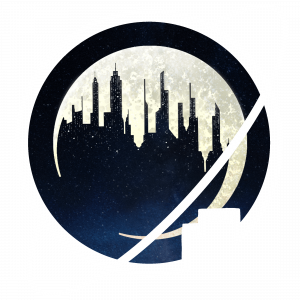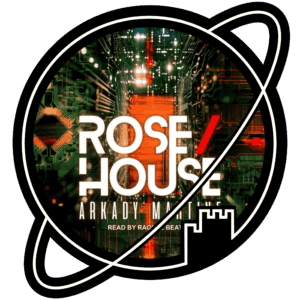- Book written by Jeanette Winterson
- Published 2007
- Standalone
The Stone Gods is a philosophical take on the sci-fi genre, a collection of connected stories and jarring juxtapositions. This book’s pages are shared by a small time rebel and interplanetary explorer in a corpocratic society focused on the superficial, a castaway on Easter Island in the wake of first European contact, and a citizen of the world Post 3-War who accidentally takes an android where she is not supposed to go – each experiencing degeneration in their own way.
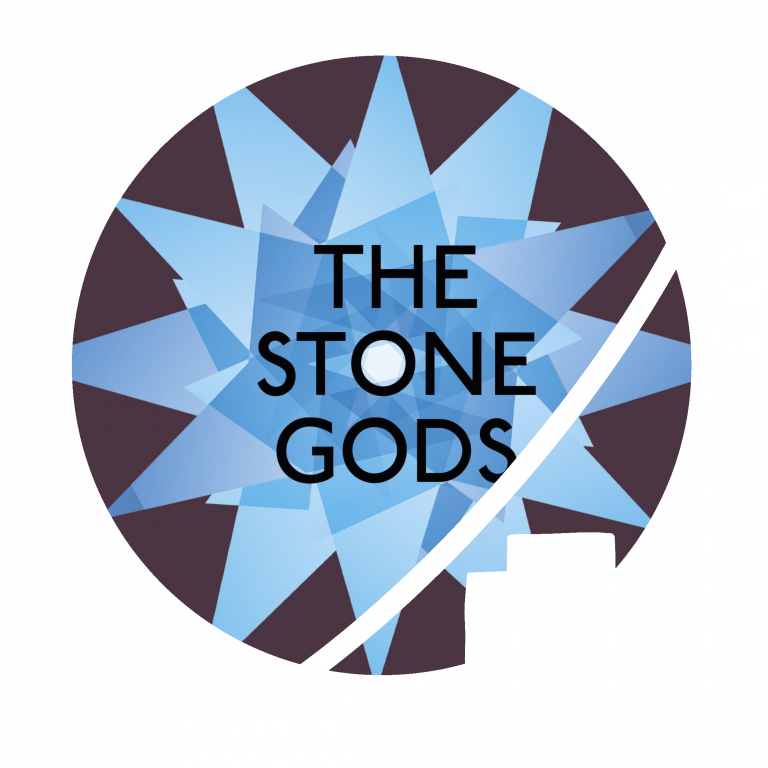

I think if you’ll read the other curators’ reviews, you’ll probably find that The Stone Gods is a book that is a little tough to put into words, because it is a bit different from most other science fiction stories you’ll read.
So what makes it different? Probably the thing that sets it apart most is that it has a poetic, almost philosophical quality to it that most stories do not have (or at least, do not have so overtly). The result is that almost everything is mysterious (or just a little absurd), and almost nothing is explained.
At the same time, it doesn’t really need to be – the absurd situations that the characters find themselves in are thought-provoking exactly because Winterson does not attempt to explain them. Even if you disagree with her assertions often – especially if you disagree with her assertions often – you’ll find often when you put the book away, you’re thinking on how you think a particular thing would work out; and if you encounter a ‘hole’ in the plot and worldbuilding (such as they are), the book’s style invites you to think about how that gap could be filled.
At the same time, The Stone Gods not all that different. In structure, it reminds me of Cloud Atlas by David Mitchell (though that is one of my favourite books, and this is, well, not): there is the similar, if perhaps somewhat less thought-out, meandering of interconnected stories and time streams. Like in Cloud Atlas, there is a certain recursion of patterns throughout the story of The Stone Gods , though the message is a lot less hopeful.
Additionally, there are many elements that are not dissimilar to other science fiction stories; for example, the theme on the blurry boundaries between human and android goes back literally as far as stories on robots do, and the environmental en societal degradation that appear to be the red line throughout the story have been explored by others as well. Especially the latter half of the book has a lot of elements that are somewhat reminiscent of a Philip K. Dick-story like Do Androids Dream of Electric Sheep.
Overall, while this book is profoundly interesting (especially given that is was written fifteen years ago), I was not really impressed with it when I finished.
Winterson sketches some strong visions of what life in a dystopian society that had slowly developed backwards for a couple of hundred years, or a world after the occurrence of WWIII, could look like, and in doing so, she gives off a warning. But I did not really get a sense from her book on how she felt we should act differently in order to avoid that fate.
Especially the apparently cyclical nature of the stories presented gives you the impression that she thinks that our eventual societal degeneration and the destruction of our habitat are inevitable, which is not a particularly energising or helpful message.
I do think the book is a nice conversation starter, a more poetic or literary take on a couple of classic sci-fi themes, and it is worth reading for those interested in more of a poetic, emotional ride than a character-, plot or concept driven science fiction novel. I am not that person however, so in the end The Stone Gods is not for me.
On a final note, while I appreciate that the degeneration of society and environment on Easter Island has a somewhat mythical quality to it by now, I would like to mention that it is my understanding that current academic consensus is that there might not have been any societal degradation, and collapse of the island’s ecosystem was not caused (or at least not exclusively) by human mismanagement of the environment, and certainly not by deforestation due to the need to build rollers or sledges for transporting the Moai statutes. If you are interested in the history of Easter Island, I recommend *Fall of Civilization*’s episode on Easter Island; It takes less than two hours to listen to, an though the message isn’t exactly happy, at least it rejects the notion that the destruction of our environment is an inevitable element of human society.

Though most of this book takes place in a science fiction setting (with some interesting worldbuilding titbits thrown in there), I would hesitate to call The Stone Gods a science fiction novel. In many ways it reads more as contemplative literature – poetic and meandering – than a story with a classic plot. The science fiction setting is predominantly there to help convey The Stone Gods‘s themes: fatalism and the (seemingly) self-repeating nature of humans, and thus the ever-repeating nature of history and life.
As I’m writing this review, it occurs to me that this story is not even about its characters, nor about the plot. Sure, some things happen and the characters have feelings about this, but just like te setting they are used as tools, catalysts and carriers of concepts. The Stone Gods could be described as a love story. In fact it could be described as multiple love stories, but at the same time it’s not really a love story at all.
Like I said, this story is not really about the characters. You don’t follow them long enough to get to know them. Instead, The Stone Gods expects the reader to take their own understanding of, for example, ‘love’ and project this unto the events in the story. This technique suits Winterson’s flowery prose, but is tricky because its success largely depends on the input the reader is willing to offer. The story itself, full of sudden twists and transitions, offers few handles.
As may be clear from the structure of this review, The Stone Gods is tricky to put into words. Though it’s a fairly short read, at times I found it difficult to push through. On the other hand, I also encountered some beautiful passages and hilarious scenes along the way. In addition, this book touches on some admirable philosophical and spiritual issues.
Though not my medium per se, I half expect The Stone Gods might work better as an audio book. That way, you might simply experience the story, almost like a castaway floating adrift on the waves…






